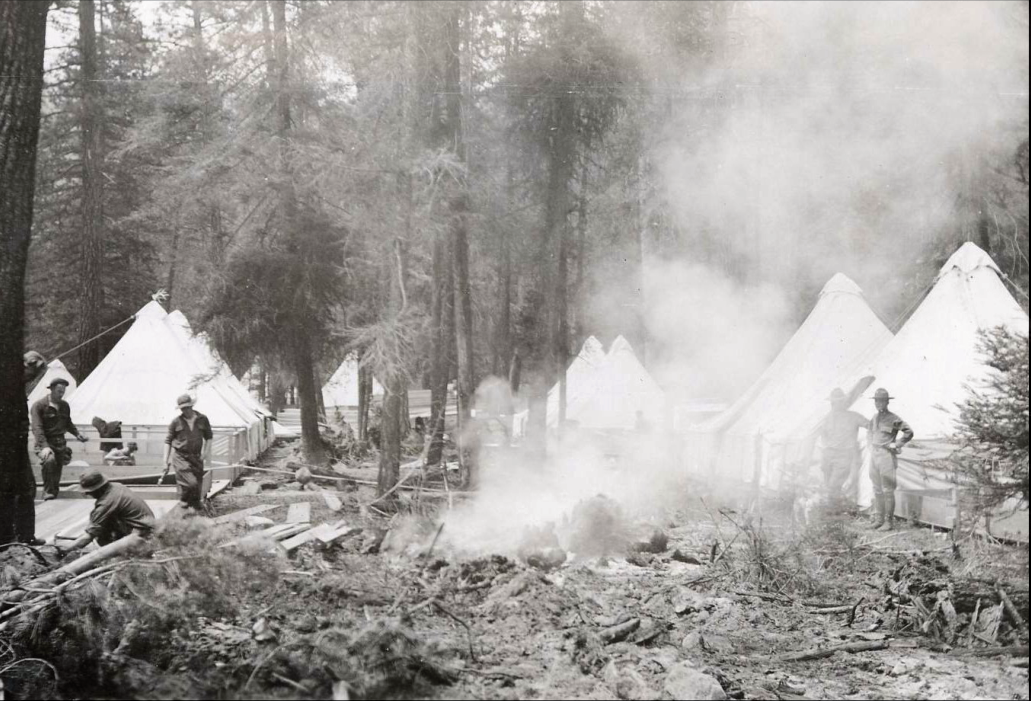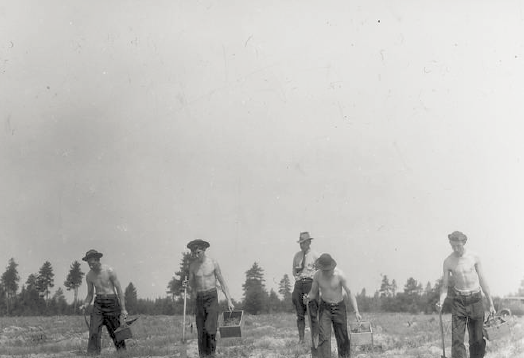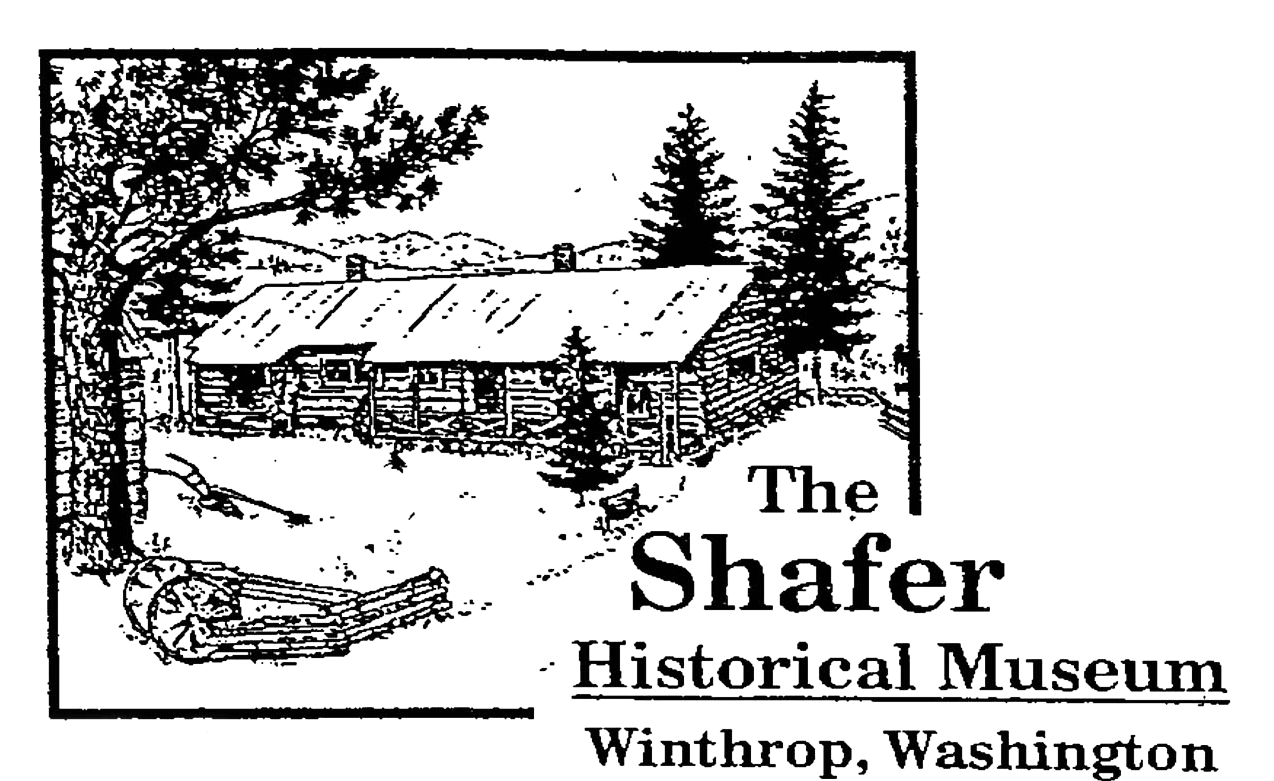The Civilian Conservation Corps

CCC members working on a road
The Civilian Conservation Corps was a volunteer work organization created in 1933 under Franklin Delano Roosevelt as part of the New Deal and dissolved with the advent of World War II. The object of the program was to give unemployed men work and training, while accomplishing rural infrastructure projects. The CCC only employed young men, aged 18-25 (later extended to 17-28), who were unmarried, unemployed, yet still had dependents i.e., a family. These men received training to build trails, roads, campsites, and ranger stations, and did forestry work such as planting trees and fighting forest fires.

CCC camp near Early Winters Creek
Their small paycheck was mostly sent home to their families, but clothes, food, and lodging were provided. Through the CCC the men had access to education programs that offered education up through a level equivalent with high school. This is significant because only 13% of enrollees had high school diplomas. Many of the workers came from big cities, and were unfamiliar with the work, so local enrollees were elevated to higher positions to help instruct them. The CCC was popular and completed thousands of projects with little cost to taxpayers, and provided a generation of young men with opportunities and skills to survive the Great Depression. The Civilian Conservation Corps The Setting Sun lookout in the Pasayten Ranger District, built by the CCC An airplane at Pasayten Airport. In the Methow The CCC workers assigned to the Methow valley arrived in May 1933. They completed a variety of projects around the Methow: The Pasayten Airport was an airstrip that was made by workers from the CCC camp at Robinson Creek.

CCC workers sowing a field
The Pasayten wilderness was particularly susceptible to forest fires, but hard to reach, so the airstrip was created as a means to combat them. The cleared area made it harder for the flames to spread and also easier for the firefighters to access the forest. The CCC had a temporary camp on the northwest side of Early Winters creek, from where they built cabins for Works Project Administration workers stay in. The Works Project Administration was another New Deal government construction agency, similar to the CCC. These more skilled workers helped complete a ranger station that would come to be the headquarters of the Pasayten Ranger District. Many roads around the Methow were either built, rebuilt or extended by the CCC , including Chewuch Road, the road from the Chewuch River up Boulder Creek, the 8 mile road, the Poorman, Libby and Buttermilk Creeks and a road from Gold Creek to the Chelan Divide.


